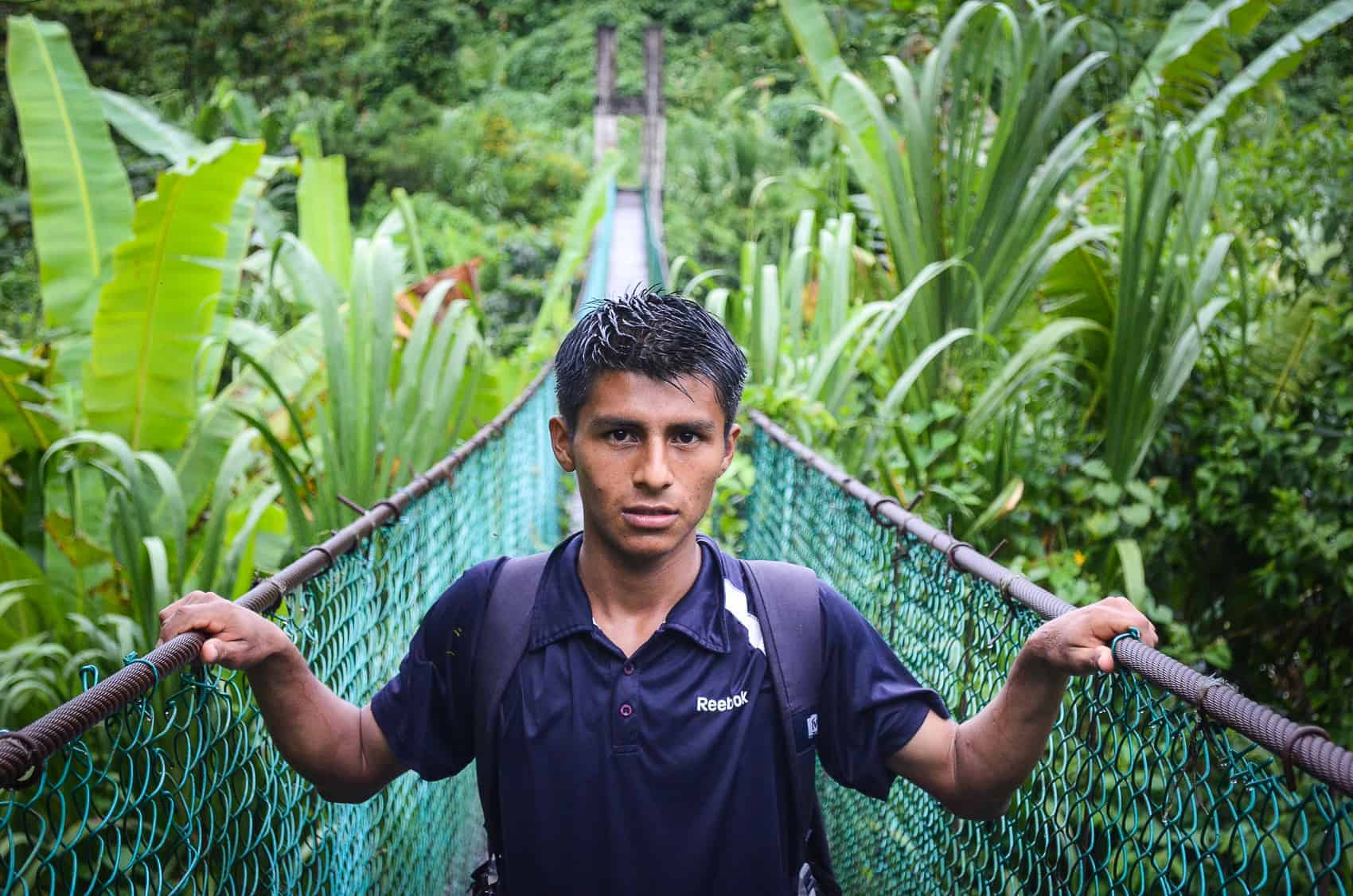The United Nations (UN) issued a statement calling for respect for the rights of indigenous people. August 9 is the International Day of the World’s Indigenous Peoples; therefore, the organization requested to protect and value these groups.
“This date represents a great opportunity to recognize and reaffirm the commitment of people, societies, and the entire planet to their individual and collective rights,” the UN said in the press release.
The UN in Costa Rica reaffirms its mission to accompany indigenous peoples in promoting and protecting their rights.
It mainly seeks to ensure that they can enjoy rights such as self-determination; secure tenure of their lands; free, prior, and informed consultation; protection of human rights defenders; prompt, effective, and culturally relevant justice; and access to essential services and development opportunities.
“We reiterate our priority to work tirelessly to support the country in fulfilling the 2030 Agenda so that no indigenous person is left behind, and we insist that to overcome many of the challenges faced by these peoples, we need to break down all barriers to the free enjoyment of the rights of indigenous peoples and fully implement ILO Convention 169 on Indigenous and Tribal Peoples,” the UN added.
This year it also was intended to highlight the role of indigenous women. “The role of indigenous women in preserving and transmitting traditional knowledge” is the motto used.
In addition, the UN pointed out that the country faces many challenges in guaranteeing the fulfillment of the rights of indigenous peoples.
For example, INEC mentioned that 70% of indigenous households have unsatisfied basic needs in essential areas such as health, education, and housing.
Also, in Costa Rica, poverty reaches 23% of households; however, for indigenous communities, the figures are disproportionate: 94% for the Cabécar people, 87% for the Ngäbe people, and 85% for the Brörán people.
Likewise, the percentage of indigenous adolescent women who are mothers doubles the national total. Regarding education, only 13% of indigenous people graduate from high school.
For the UN, territorial disputes are also a problem needing an urgent solution.
“We are concerned about the increase of tensions in some territories due to the non-compliance with the law that establishes that indigenous peoples have about 3300 square kilometers of territory, approximately 7% of the country, but more than a third of these territories are occupied by non-indigenous people,” the UN remarked.
Finally, the organization urged Costa Rica to continue with the progress made in the implementation of the National Plan for the Recovery of Indigenous Territories, the access to justice diagnostics carried out by the Judiciary, and the collaboration of the Commissioner for Social Inclusion, and the efforts of the various institutions.
“We call on Costa Rica to reaffirm its historic vocation for rights, equality, and inclusion by deepening its willingness to engage in dialogue and accelerate its action to resolve the significant challenges and backlogs faced by indigenous peoples,” the UN concluded.






